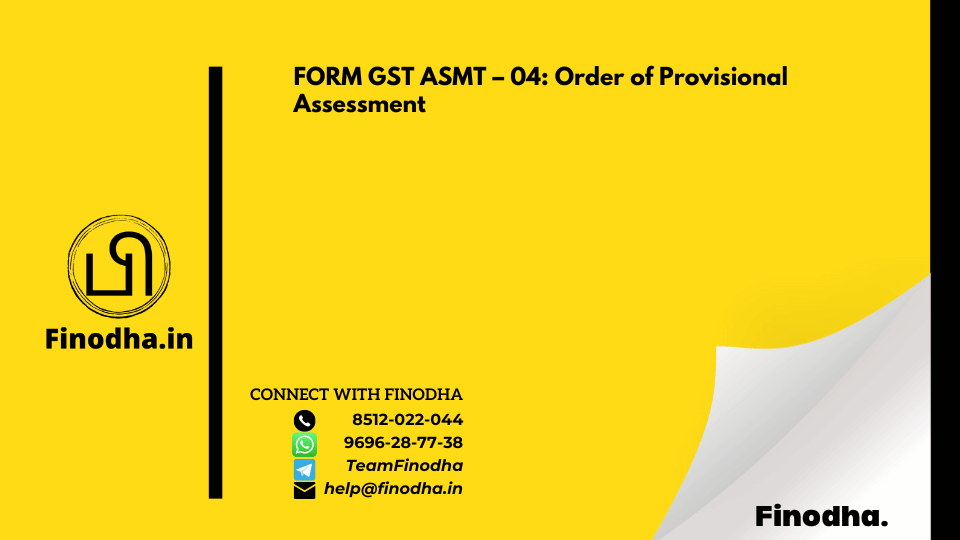Important Keyword: Income Tax, Section 80EEB, Tax Benefits, tax deductions.
Table of Contents
Section 80EEB: Deduction for Interest paid on E-Vehicle loan
The Government of India has introduced significant measures to reduce pollution and promote environmentally friendly growth. A key initiative within these efforts is a scheme focused on electric vehicles (EVs) and their components. Additionally, under Section 80EEB, individuals can claim deductions in their income tax returns for loans taken to finance electric vehicles.
Purpose of Providing a Deduction
The Union Cabinet has approved Phase II of the FAME (Faster Adoption and Manufacturing of Hybrid and Electric Vehicles) scheme to promote electric mobility across India. The primary objective of this program is to increase the adoption of electric vehicles by offering financial incentives for their purchase and developing the necessary infrastructure for charging and transportation. This policy includes incentives for electric two-wheelers, three-wheelers, and four-wheelers. To further encourage the use of electric vehicles, the government provides deductions for purchasing them on loan.
Eligibility for Claiming Deduction u/s 80EEB
Only individuals are eligible to claim deductions under Section 80EEB of the Income Tax Act. Other entities, such as partnership firms, Hindu Undivided Families (HUF), companies, or Associations of Persons (AOP), cannot claim this deduction.
Definition of an Eligible Electric Vehicle
An “electric vehicle” is defined as a vehicle powered solely by an electric motor, with traction energy supplied exclusively by the traction battery installed in the vehicle. It must also have an electric regenerative braking system, which converts vehicle kinetic energy into electrical energy during braking.
Conditions to Claim Deductions u/s 80EEB
- The electric vehicle loan must be taken from a financial institution or a Non-Banking Financial Company (NBFC).
- The loan must be sanctioned between April 1, 2019, and March 31, 2023.
- The taxpayer can claim a deduction on the loan for the purchase of both two-wheelers and four-wheelers.
- The interest claimed under this section cannot be claimed under any other section.
Deduction Amount Available u/s 80EEB
Individual taxpayers can claim a deduction of up to INR 1.5 lakh on the interest paid on a loan taken for an electric vehicle. This deduction is available for all years until the loan is fully repaid. Taxpayers must have all necessary documents when filing their income tax return.
Electric Vehicles Used for Business Purposes
If an electric vehicle is used for business purposes, the business must report the vehicle as an asset and the loan as a liability. In such cases, the business can claim the interest on the loan as a business expense. Additionally, the business owner can claim depreciation on the electric vehicle. To qualify for these claims, the vehicle must be registered in the name of the business or the business owner.
Example
Mr. Swapnil is a salaried individual who purchased an electric vehicle for personal use. He took a loan from a public sector bank, sanctioned on May 25, 2022, and disbursed on July 7, 2022. Since the loan was disbursed before March 31, 2023, he can claim a deduction for the interest paid on the loan under Section 80EEB when filing his ITR for FY 2022-23.
Read More: Section 80GGC: Deduction on Donation to Political Parties
Web Stories: Section 80GGC: Deduction on Donation to Political Parties
Official Income Tax Return filing website: https://incometaxindia.gov.in/





0 Comments